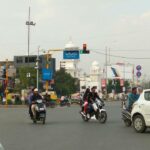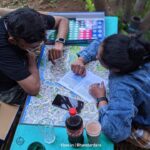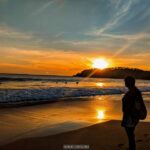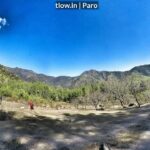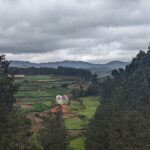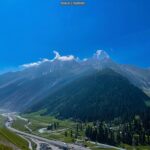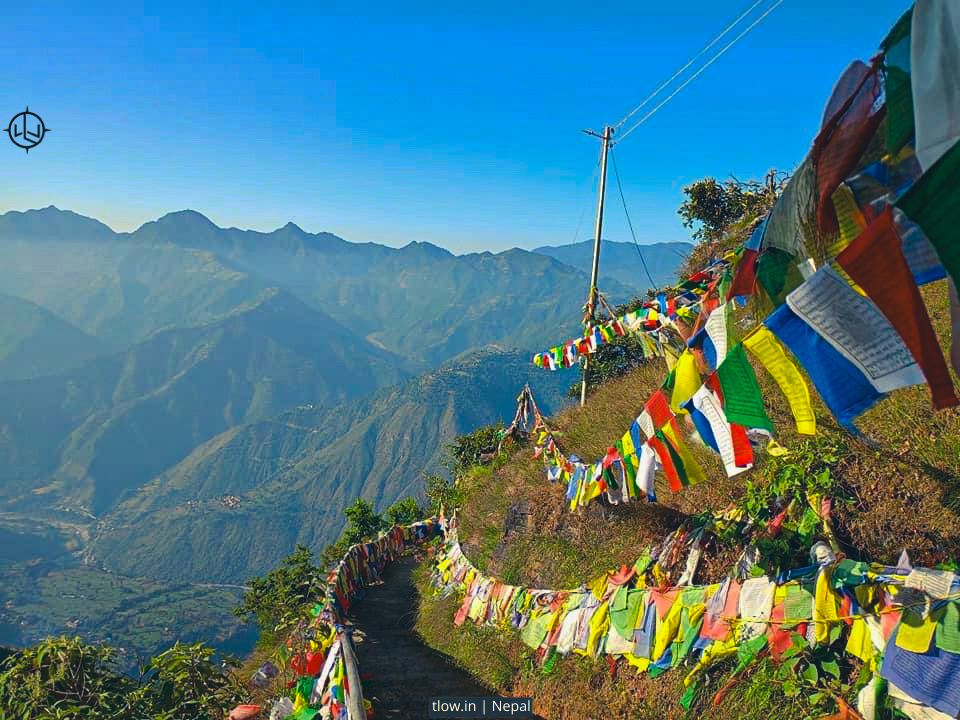
Nepal Backpacking: 15 steps How to Stay Safe while Traveling?
Traveling in Nepal can be a thrilling and rewarding experience. To ensure your safety during your trip, here are some tips to keep in mind:
Table of Contents
1. Research and plan ahead for Nepal:
Learn about the country’s culture, customs, and local laws before you go. Research the areas you plan to visit, including any potential safety concerns or travel advisories.
2. Carry travel insurance:
Make sure you have comprehensive travel insurance that covers medical emergencies, trip cancellations, and evacuations. Check if it includes coverage for adventurous activities like hiking or mountaineering if you plan to engage in such activities.
For the TLOW backpacking experience click on this link
3. Stay updated on weather conditions:
Nepal’s landscape and weather can change quickly. Stay informed about current weather conditions, especially if you plan to trek or explore remote areas. Be prepared for unexpected weather events.
4. Hire reputable guides and trekking companies:
you plan to go trekking or explore the mountains, hire a licensed guide or use the services of a reputable trekking company. They are experienced and knowledgeable about the terrain and can enhance your safety.
5. Respect local customs and traditions:
Nepal is a culturally rich destination with deeply rooted traditions. Respect the local customs, dress modestly, and be mindful of religious sites and practices. Familiarize yourself with appropriate behavior and etiquette.
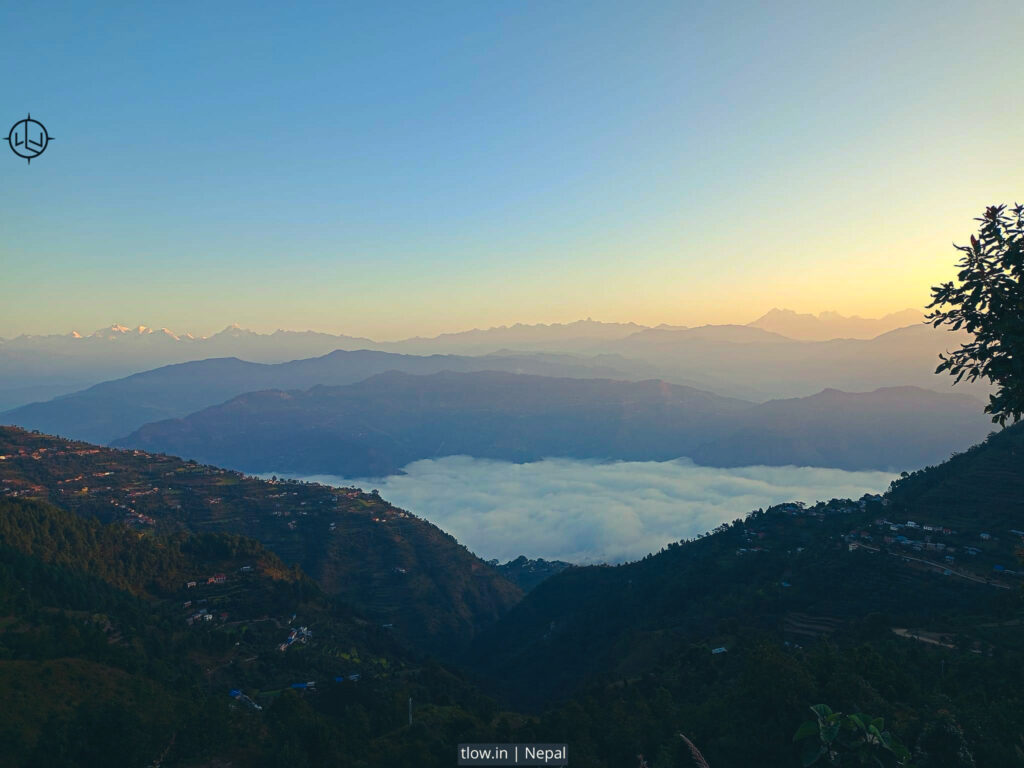
6. Stay hydrated and be cautious with food:
Drink bottled or purified water to avoid water-borne illnesses. Be cautious with street food and choose well-cooked meals from reputable establishments. Wash your hands regularly to maintain hygiene.
7. Secure your belongings:
Keep your valuables, including passports, cash, and electronic devices, in a secure place such as a hotel safe or a money belt. Be cautious of pickpockets in crowded areas and avoid displaying signs of wealth.
8. Use reliable transportation:
Choose reputable transportation options such as registered taxis or pre-arranged transfers. Be cautious if you opt for local buses or taxis, ensuring they are licensed and in good condition.
9. Stay connected:
Have a reliable means of communication, such as a local SIM card, in case of emergencies. Share your travel plans with family or friends and keep them updated regularly.
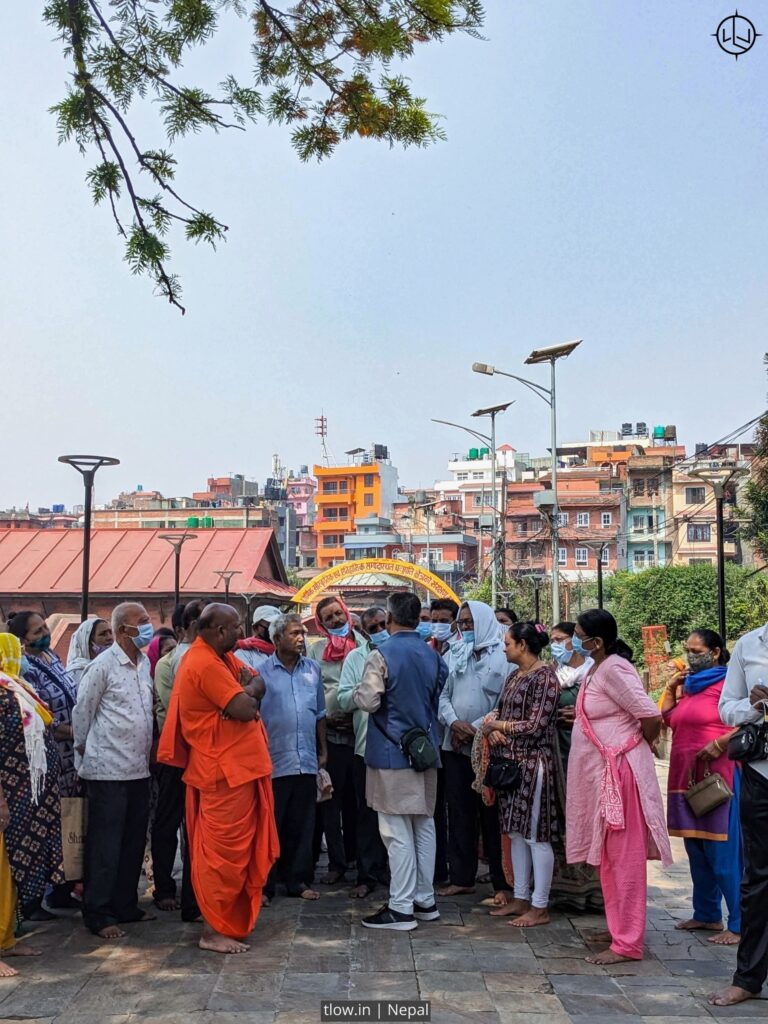
10. Stay informed about political situations:
Stay informed about the political climate in Nepal and any potential protests or demonstrations. Avoid participating in or getting close to such events, as they can occasionally turn violent.
11. Stay cautious in remote areas:
Take extra precautions when traveling in remote or less-populated areas. Inform others about your plans, travel with a companion if possible, and carry necessary emergency supplies.
12. Pay attention to altitude sickness:
If you plan to trek in higher altitudes, be aware of the symptoms and risks of altitude sickness. Ascend gradually, give yourself time to acclimatize, and seek medical help if you experience severe symptoms.
13. Be mindful of your surroundings:
Keep an eye on your surroundings, especially in crowded or touristy areas, to prevent theft or scams. Stay alert and trust your instincts.
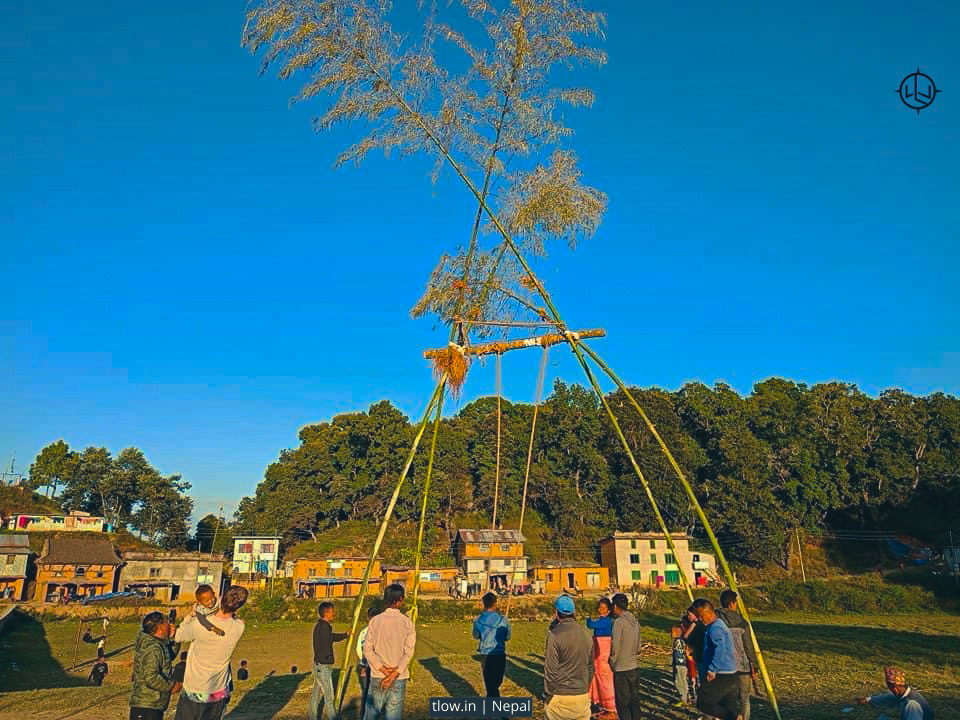
14. Get necessary vaccinations:
Consult your doctor or a travel clinic well in advance to ensure you have received the necessary vaccinations for Nepal. Common vaccines include those for hepatitis, typhoid, and tetanus.
15. Register with your embassy:
Register your travel plans with your country’s embassy or consulate in Nepal. They can provide assistance in case of emergencies, natural disasters, or other unforeseen events.
Remember that personal responsibility and common sense are crucial for staying safe while traveling in any destination. Stay informed, be prepared, and enjoy your time exploring the beautiful country of Nepal.

